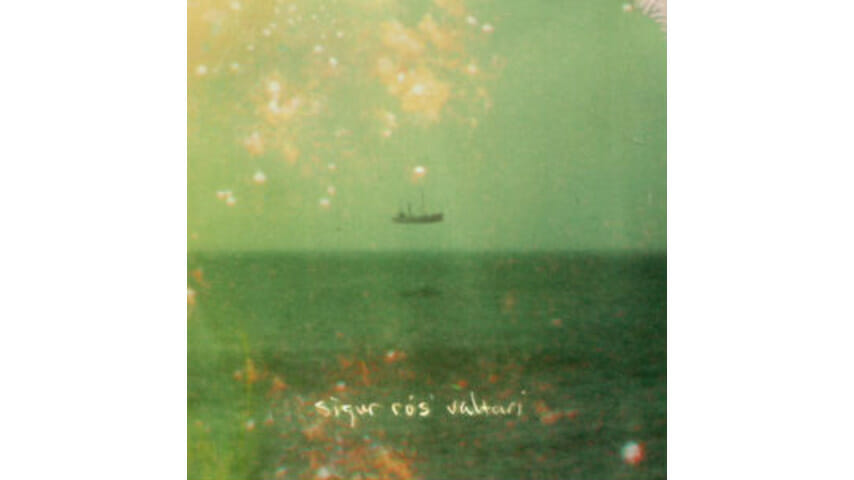Sigur Rós: Valtari

Unlike any other Sigur Rós album I’ve listened to, their most recent release, Valtari, never grew on me. It wasn’t like my introduction to the group in 1999 with Ágætis Byrjun, which was passed around between excited schoolmates in the form of CD-Rs almost out of sheer oddity—I’d certainly never heard sounds like that used in a four-piece band before. But after absorbing, and ultimately embracing frontman Jónsi Birgisson’s on-the-verge-of-uncontrollable, violin bowed-guitar screeches or his initially-hard-to-grasp “Hopelandic” vocal approach, there were some undeniably beautiful songs to be heard.
And although Valtari has the most in common with Ágætis Byrjun’s follow-up—2002’s incredible (), which features eight pitch-perfect, untitled tracks—it never settles into that album’s rhythm or tone. Instead, it draws up comparisons to the band’s best work without really ever coming together as a satisfying, whole piece.
For me, the album is an uncomfortable listen. It starts with the nearly three minutes of ambient noise that bookend the album’s opening track, “Ég Anda,” which then leads straight into the slow building, timid single “Ekki Múkk.” There’s plenty of sparse noise and subtle electronics on tracks like “Rembihnútur” and “Daudalogn” (imagine three-minute versions of the intro to “Glósóli” from Takk…), so much so that it’s worth questioning whether these extended periods of tinkering are meant to beef-up the louder, more moving moments.
-

-

-

-

-

-

-

-

-

-

-

-

-

-

-

-

-

-

-

-

-

-

-

-

-

-

-

-

-

-

-

-

-

-

-

-

-

-

-

-








































